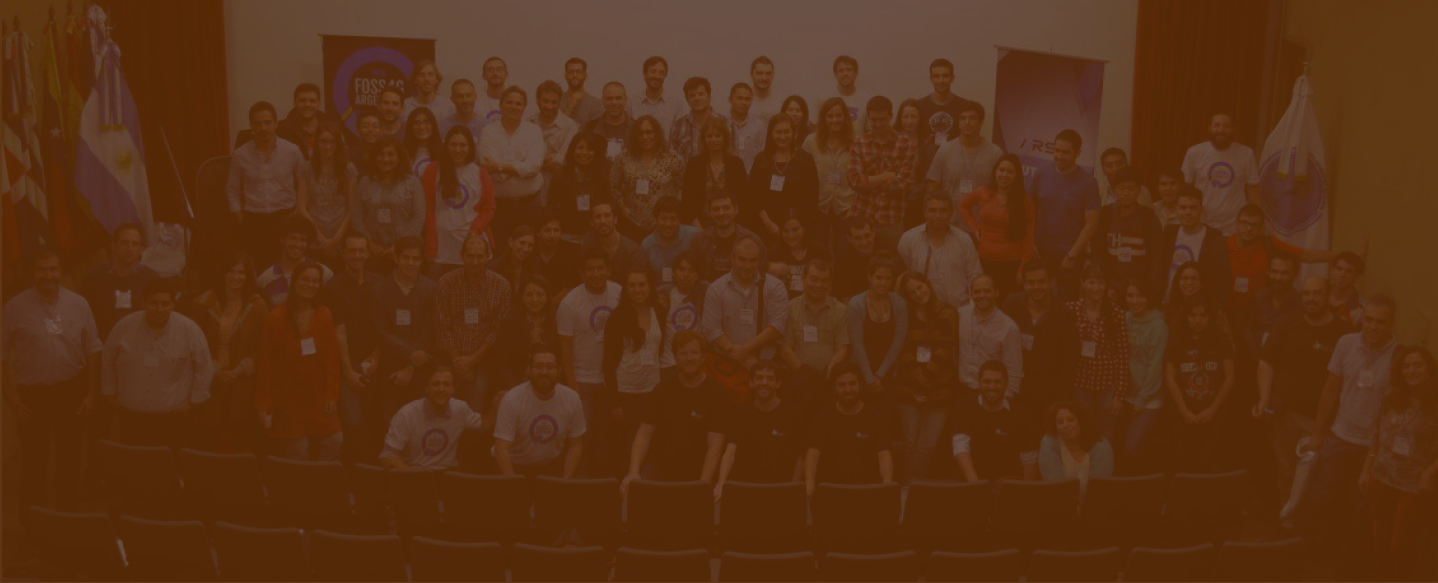2021-09-30, 09:30–10:00, Puerto Iguazú
For international development agencies, timely and accurate geospatial data is an essential tool for evidence-based decision-making. Yet gathering, analyzing, and presenting geospatial data is a complex and time-consuming activity that requires a specialized skill-set.
This presentation shares the experience of an Innovation Challenge project implemented at the International Fund for Agricultural Development (IFAD) - a specialized UN agency and financial institution. The main goal was to minimize the time and knowledge required to gather and process a vast array of relevant geospatial layers, providing a standardized approach applicable to every country of operation in IFAD’s activities. This objective was achieved via the implementation of automation procedures using open source tools, which resulted in a reduction of the required processing time by a factor of 40 (from 2 weeks to 2 hours).
GeoScan is based entirely on an open-source technological stack and uses the latest, verified data sources, providing various levels of users with different information products: automated pdf atlases, ready-to-use GIS data, metadata and web services, web applications, and an interactive user dashboard.
The project included the following activities:
-
Data needs evaluation, relevant to the international development sector and aligned with IFAD’s strategy in the agricultural environment in rural areas.
-
Literature and data review to match the identified data needs.
-
Data selection, validation, and detailed documentation on the selected geospatial layers.
-
Data standardization and ontology with automated processing for data structuring, visualization, and statistics calculation.
-
Preparation and generation of automated country reports and structuring the data in GIS data packages.
-
Integration with the enterprise GIS infrastructure in IFAD.
-
Development of interactive web GIS application and dashboard.
The project made extensive use of QGIS, GDAL, Postgre/PostGIS, Geonode, Geoserver, and OpenLayers.
The GeoScan application aims at standardizing the data collection and analysis workflow, providing a range of end products that have multiple uses in the international development environment. After an extensive data review, over 180 datasets from 28 data providers have been downloaded for local processing. The data providers include various organizations such as NASA, European Space Agency, European Commission Joint Research Center, FAO, as well as Open StreetMap, Google Earth Engine, and many others, depending on the various data theme needs. Following ISO19115 core theme requirements and ISO country codes, we have created a standardized naming convention for all data, enforced through an automated process. Data processing includes renaming, restructuring, clipping to the region of interest, statistics calculation, standardized visualization. Automation has been implemented in Python, leveraging the QGIS environment as needed, but an experimental dedicated QGIS plugin has been developed as well. To produce summary documents, we have used QGIS Atlas to generate automated pdf reports for all 37 countries of interest, each including about 175 maps. For offline usage and further processing, all data has been structured with proper metadata description, styles, and QGIS project for direct utilization by GIS professionals. The data and reports have been uploaded online to make them available through IFAD’s Geonode platform, which provides them in multiple forms: web service, web application, pdf report, and actual GIS data. A selected set of indicators is available through a custom-developed web GIS dashboard for the region of West and Central Africa.
Lyubomir Filipov, GIS Consultant at the International Fund for Agricultural Development.
Giuseppe Baiamonte, GIS Consultant at the International Fund for Agricultural Development.
Use cases & applications
Topic –Data visualization: spatial analysis, manipulation and visualization
Level –1 - Principiants. No required specific knowledge is needed.
Language of the Presentation –English
Lyubomir Filipov has been working with geospatial software for over 20 years: consulting, system design and development, data modeling and analysis, user training. Currently, he is a GIS consultant with the International Fund for Agricultural Development, responsible for the enterprise GIS system.
Giuseppe Baiamonte has a background in ecology and is an experienced environmental and GIS specialist.
He is passionate about maps, open data and Python.
Since 2019 he has been GIS a consultant at the International Fund for Agricultural Development (IFAD).

